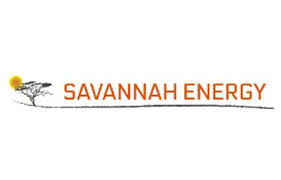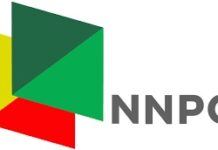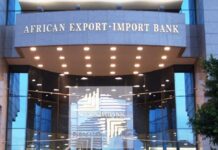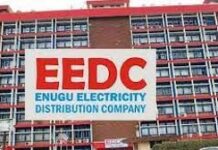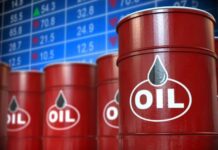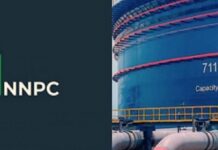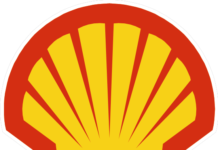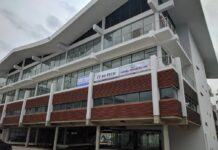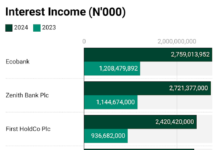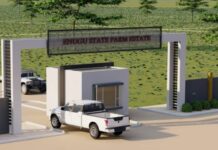Savannah Energy has grown its total revenues grew 26% to US$290.4m (from US$230.5m in 2021), ahead of previously issued guidance of US$215m. Adjusted EBITDA likewise rose 27% to US$222.4m (FY21: US$175m), and EBITDA margin remained unchanged at 77%.
This is shown in its 2022 Audited Annual Report. Savannah’s operating and administrative expenses stood at US$66.2m and capex for the year was US$23.6m, both significantly under previous guidance. Its cash balance on 31 December 2022 was US$240m, up 56% from last year, compared to its current market cap of US$420m. Total group assets amounted to US$1.76bn, compared to US$1.35m in FY21.
The report further showed that the average daily gross production from Savannah’s Nigerian operations stood at 26.8 Kboepd, a 20% increase from 22.3 Kboepd in FY21. Of that, 90% was gas, including a 23% increase in gas production from the Uquo gas field.
During FY22, the company secured four new gas sales agreements with Central Horizon Gas, Trans Afam Power, Notore Chemical Industries, and Shell Petroleum Development for a total of 53 MMscfpd of supply contracted. Additionally, a contract extension with First Independent Power Limited increased the quantity of gas supplied from 35 MMscfpd to up to 65 MMscfpd.
Savannah had in March last year announced its very first renewable energy project, the 250 MW Parc Eolien de la Tarka wind farm project in Niger. This is aimed at increasing the country’s on-grid electricity supply by up to 40% with project sanction expected in 2024.
With the signing of two new renewable energy agreements post-period, Savannah currently has up to 525 MW of hydroelectric, solar photovoltaic and wind projects in motion in Cameroon and Niger.
As shown by these investments in renewables, Savannah is a strong believer in Africa’s transition to renewable energy. The company aims to become one of the largest renewable energy development companies in Africa over the next two years with a rapidly growing pipeline of solar, wind, and hydro power projects, aiming for 1 GW+ of projects in motion by end of 2023 and 2 GW+ by end of 2024. Savannah believes that the African renewable energy market represents a significant opportunity of 242 GW by 2030, requiring an investment of over US$40bn in 2026-2030, and that its experience in hydrocarbons is directly transferable to this space.
Generally, Savannah delivered strong and impressive operational and financial performance in 2022, with results outperforming the target it set for the year. Total revenues grew by over 25% to US$290.4m with a resulting rise in adjusted EBITDA of 27% to US$222.4m. This makes FY22 the sixth consecutive year of total revenue growth for Savannah’s Nigerian business, representing a CAGR of 21% since the business was acquired in 2017.
During this six-year period, the company doubled its customer base and increased the share of Nigeria’s thermal power generation capacity that it supplies from 10% to 24%. Its Nigerian business continues to be reinforced by long-dated, take-or-pay contracts that have no linkage to commodity pricing and provide stable, predictable cashflows. At the end of 2022, Savannah had over US$3.8bn of future contracted revenues with contracts having average weighted remaining life of 15 years.
Andrew Knott, CEO of Savannah Energy, said: “2022 was another year of significant progress and growth for our company. Our Total Revenues1 grew by 26% to US$290m, our Adjusted EBITDA2 rose by 27% to US$222m. To put these numbers into context, since the announcement of our decision to acquire our Nigerian business in 2017, it has delivered six consecutive years of Total Revenues1 growth at a compound annual growth rate of 21%. This growth has seen us more than double the number of customers the business serves and increase the share of Nigeria’s thermal power generation capacity that it supplies from 10% to 24%. Our performance against key industry sustainability metrics relating to HSE performance, carbon intensity, senior management gender diversity and local employee ratios remain industry leading.
Looking forward to the rest of 2023, I am confident in where we are as a business. Key projects we are focused on completing include: (1) the closing of our proposed acquisition of PETRONAS’ assets in South Sudan in Q3; (2) at least one further hydrocarbon asset deal; (3) reaching our target of having up to 1GW+ of renewable energy projects in motion by end of year; (4) the flow testing of our R3 East development in Q4; and (5) the refinancing our Nigerian debt.”



